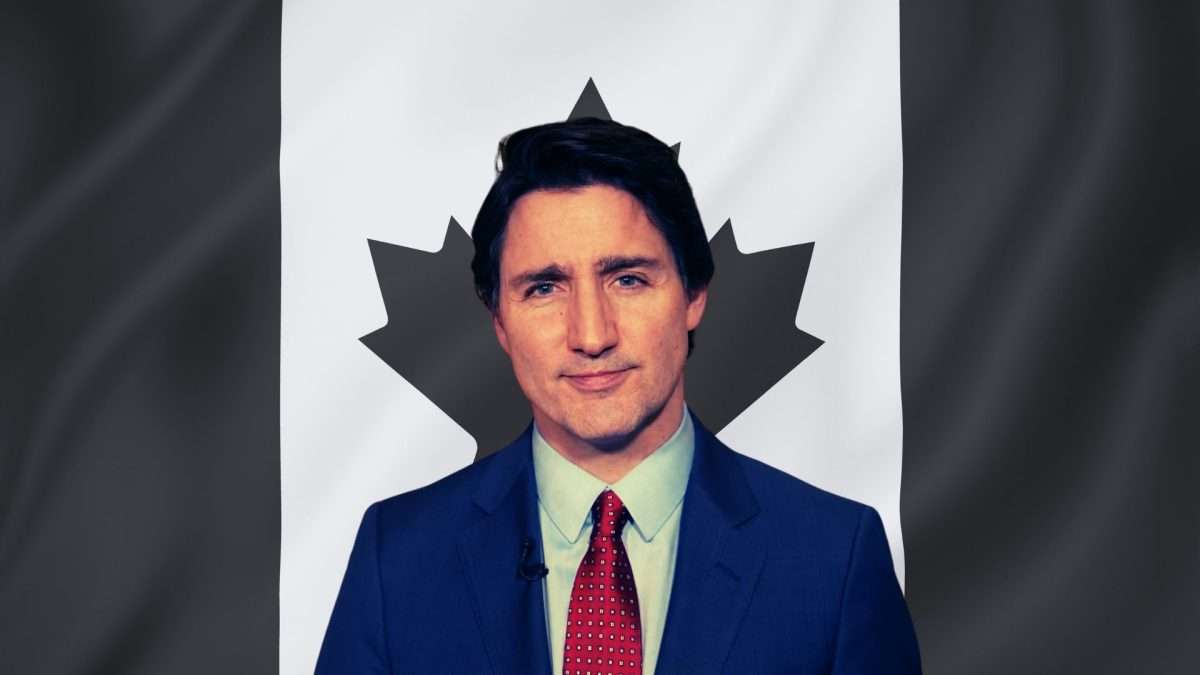Canadian Prime Minister Justin Trudeau did not mince words at a press conference this afternoon on Ottawa’s latest measures taken to counter what it says is an expansive campaign by India engaging in “murder” and “extortion” on Canadian soil. Trudeau described these actions by “agents of India” as criminal violations of Canadian sovereignty.
Relations between Canada and India have deteriorated since Canadian investigators found Indian diplomats and spies responsible for the murder of Hardeep Singh Nijjar, a naturalized Canadian citizen of Indian origin and activist for the Khalistan movement, which seeks to establish an independent homeland for the Sikh religious community out of parts of present-day India.
Canadian law enforcement has since come to learn that the Indian campaign of subversion on Canadian soil is far larger than previously known. Commissioner Mike Duheme, the commissioner of Canada’s national police service — the Royal Canadian Mounted Police (RCMP) — stated today that India was involved in “widespread violence” in Canada and described the rising Asian power as “a serious threat to our public safety.”
The campaign includes attempted and successful assassinations, as well as extortion — all done in cooperation with criminal networks inside Canada.
Duheme said that his deputy attempted to liaise with law enforcement counterparts in New Delhi but was stonewalled, which triggered escalatory moves by the two countries.
Canada asked India to waive diplomatic immunity for its personnel involved in the violent plots, but New Delhi refused. In response, Ottawa issued expulsion notices for six Indian diplomats in Canada. India, in turn, responded in kind.
Trudeau said that New Delhi “made a fundamental error in thinking that they could engage in supporting criminal activity against Canadians here on Canadian soil.”
The impassioned Canadian prime minister said that it “is absolutely unacceptable for any country, for any democracy that upholds the rule of law” to engage in such a campaign of violence. Indian diplomats, he said, spied on Canadian citizens and then “fed” that information to “criminal organizations that would then take violent actions from extortion to murder.”
Canada, Trudeau said, “fully accepts and respects the sovereignty and territorial integrity of India. We expect India to do the same. In this case, they did not.”
Jagmeet Singh, leader of the center-left New Democratic Party, and the most prominent Sikh in Canadian politics, supported the Trudeau government’s moves. He also called for Canada to ban the Rashtriya Swayamsevak Sangh (RSS) — the parent organization of Prime Minister Narendra Modi’s Bharatiya Janata Party (BJP).
The RSS has been thrice banned in India for its extremist activities but has emerged as one of the country’s most powerful organizations since Modi became prime minister in 2014.
Canada is in the midst of heated debates on immigration and foreign interference, including from India. The RSS functions in some ways like the Chinese Communist Party. It is an ideological cadre organization deepening its reach into all aspects of Indian society and even in the Indian diaspora.
In India, the RSS operates as a state within a state. Its affiliates not only engage in violence but also perform surveillance roles for India’s Hindu nationalist government at home and, potentially, abroad.
There are RSS affiliates in Canada and the United States that work closely with the parent organization back home, in ways that resemble the CCP’s United Front. Both China and India have been accused of meddling in Canada’s elections.
Arif Rafiq is the editor of Globely News. Rafiq has contributed commentary and analysis on global issues for publications such as Foreign Affairs, Foreign Policy, the New Republic, the New York Times, and POLITICO Magazine.
He has appeared on numerous broadcast outlets, including Al Jazeera English, the BBC World Service, CNN International, and National Public Radio.



